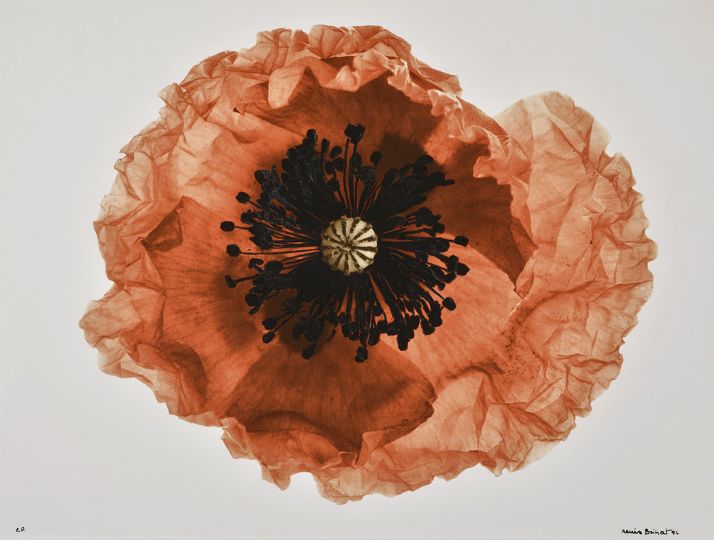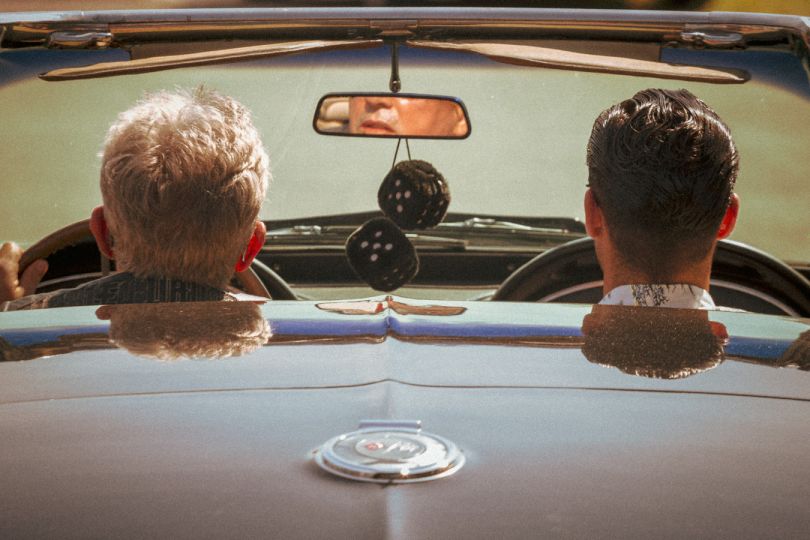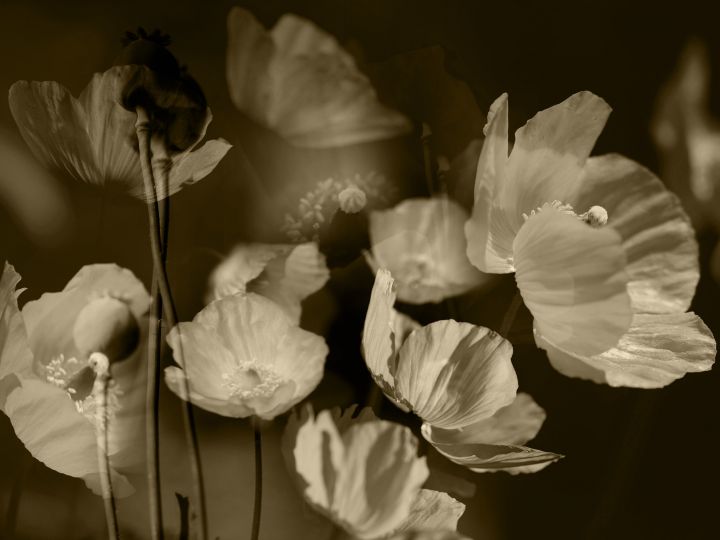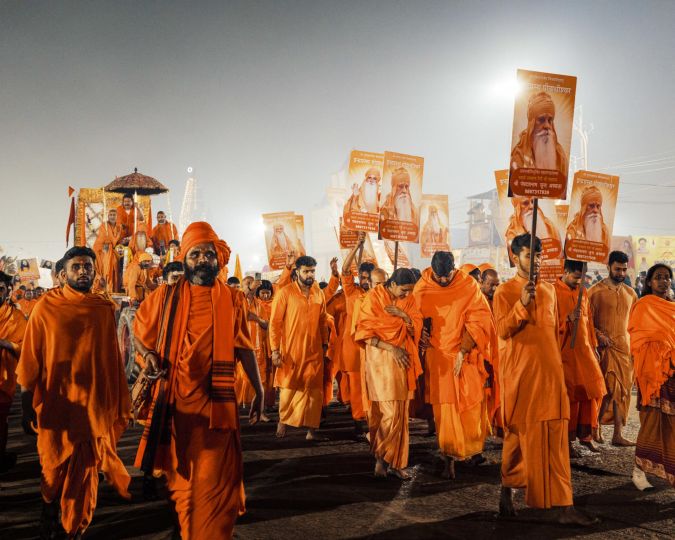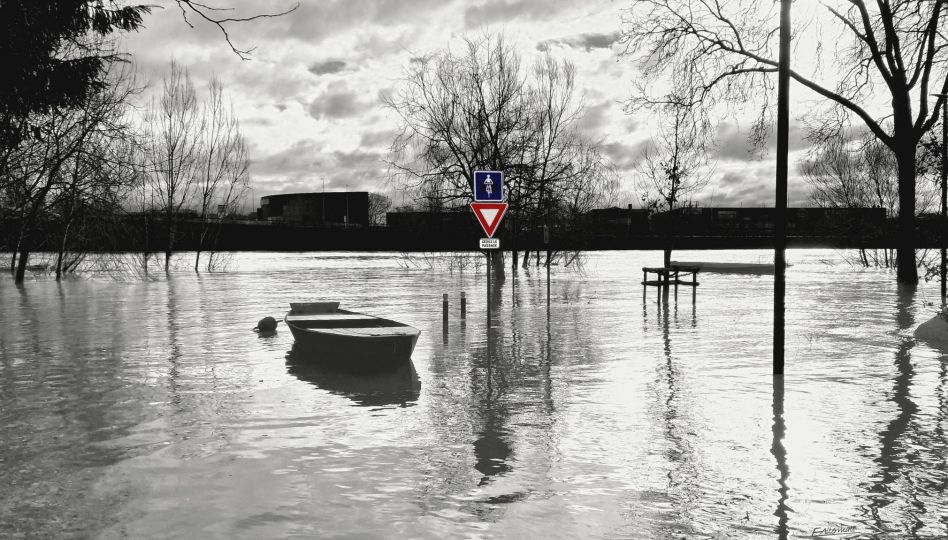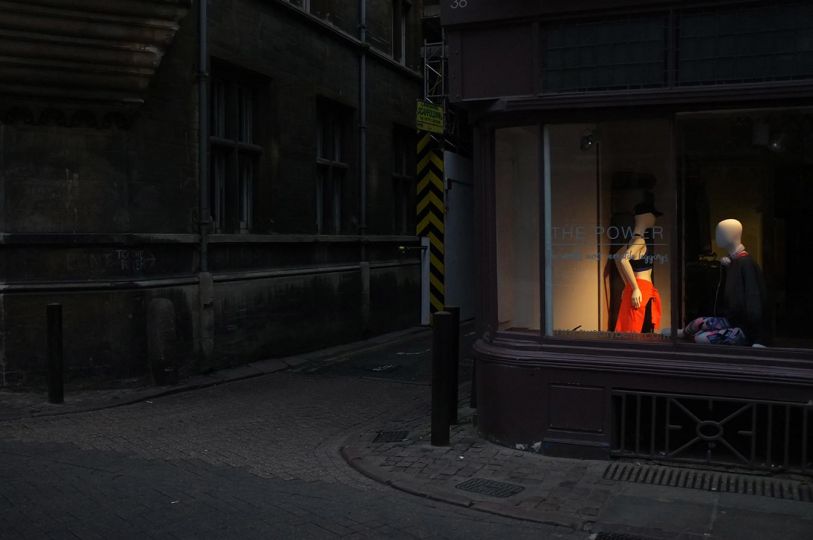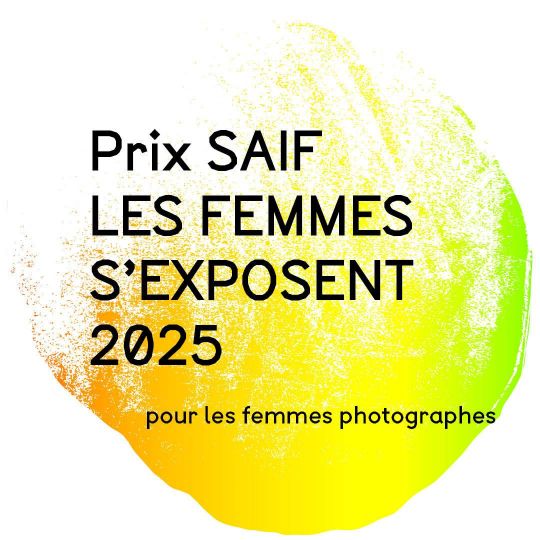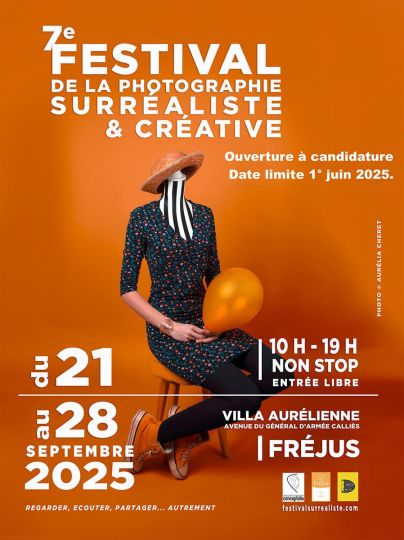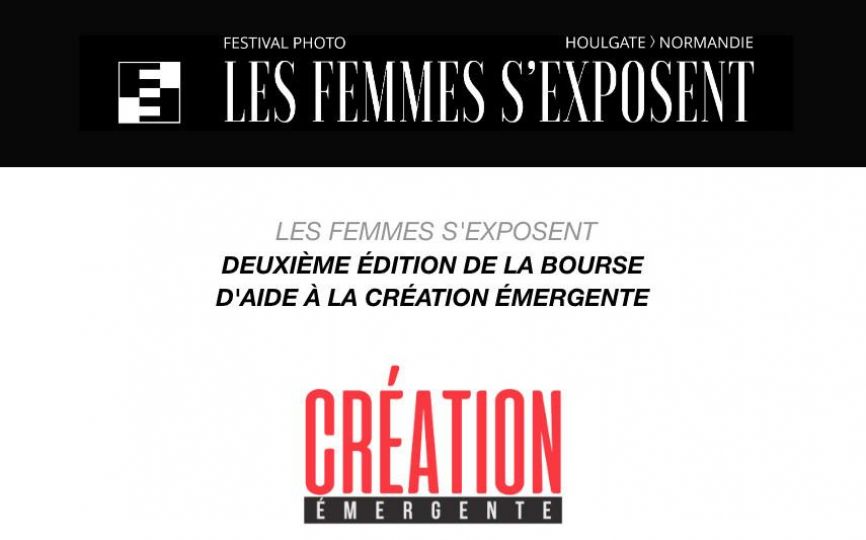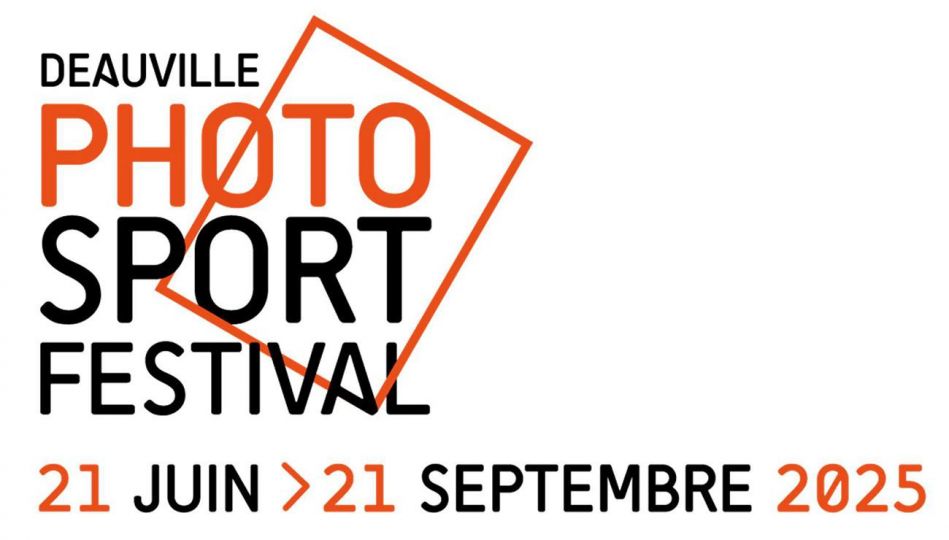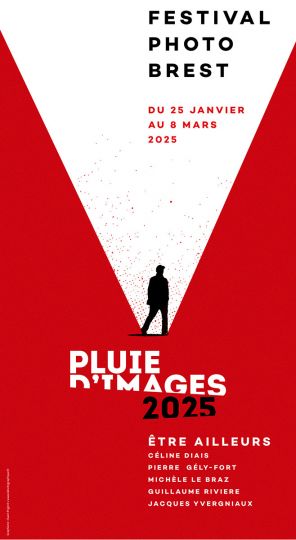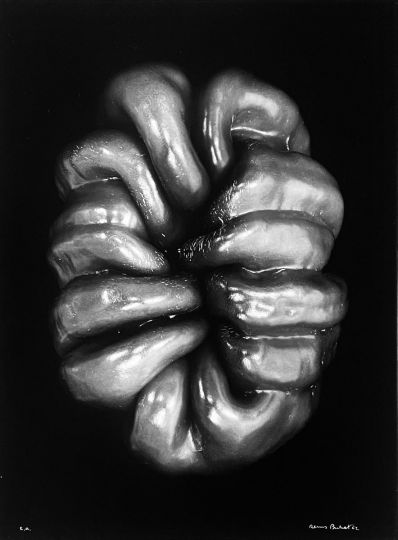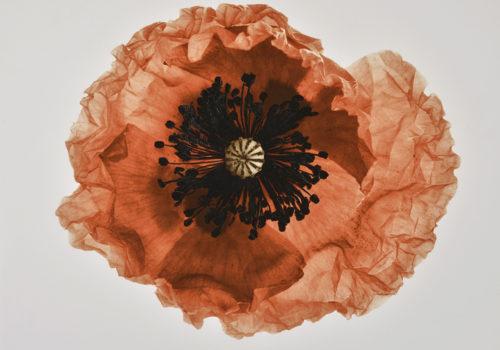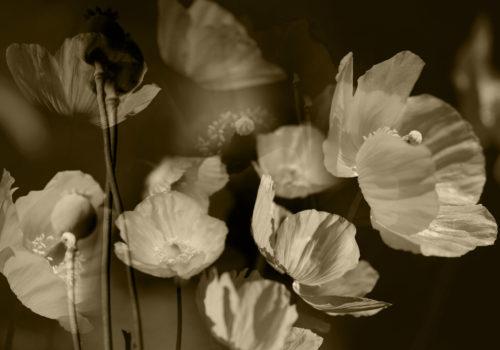Our correspondent Jean-Jacques Ader attended the Lectoure festival and interviewed the exhibitions curator Damarice Amao.
L’esprit du lieu (The spirit of the place)
Edition necessarily slightly special this year, of the Gers festival, because, punctually without director, but not without artistic direction. History and memory have guided Damarice Amao curator of exhibitions chosen for 2023, to this theme, The Spirit of Place, dedicated as much to the author of the first color image Louis Ducos du Huron as to the existence of the festival itself. Presentation by the programmer herself.
Could you introduce yourself?
DA : I am a conservation assistant in the photography office of the National Museum of Modern Art/Centre Pompidou. I am rather specialized in pictures of the interwar period but also of contemporary images; I have an advisory role with the curators at the time of acquisitions, including exchanges with the artists when they are still alive and, in fact, I am a link in the chain of work for the conservation and enhancement of the collection. So I have a career as an art and photography historian that greatly nourishes my curatorial practice.
How was the connection with the Photographic Summer of Lectoure?
DA : I was already familiar with the festival, I knew Marie-Frédérique Hallin the former director, as well as Marine Segond the coordinator, and one thing leading to another, with the need to create a program for this summer, I accepted with great pleasure to be in charge of it.
What were your challenges in taking over the reins?
DA : There were two things I think, the fact of being part of the history of the festival, and reconnecting with a more photographic profile, because that is my training. While maintaining a contemporary dialogue, I found it natural to consider a review of this event, a kind of retrospective that had never been done, during this moment of transition, before the new direction that will arrive soon.
Hence the theme L’esprit du lieu ?
DA : Yes, that’s it, with the changes that have occurred in Lectoure and the love I have for this place, to take stock of the situation to ask “why here”.
What link allowed you to bring together the artists of 2023?
DA : Above all, I first thought of what I intended to develop around the question of the history of the festival, the question of the beginnings of photography with Louis Ducos du Huron, the question of rurality, the question of the Senegalese Tirailleurs, which are different aspects of Lectoure’s identity. We had to act quickly, so there were works by artists I already knew or had seen, like Stéphanie Solinas or Hanako Murakami; I discovered Nicolas Tubéry in Lectoure in 2019, whose work I really liked, etc. A festival is a clever mix of many things, so a big name like Lisetta Carmi also has its place. For the exteriors, I thought of more contemplative works and we are inaugurating two new exhibition spaces: the Voûtes du Maréchal and the swimming pool garden.
What kind of experience is putting on a demanding festival in a rural setting?
DA : It’s true that I work in a big institution, in Paris, but don’t think that it’s easier or very different for all that. The tenacity skills needed in a large institution are the same for smaller places; the scale is different but the problems are often the same. When we get up in the morning, we wonder in both cases what are we going to manage to solve today? So it’s not very different from my daily life. My training is also to stay accessible and talk to everyone, and that in itself is not a problem. My experience, which brought me a variety of very different challenges, is for example that with 5000 or with 30000 I know what to do; especially with the great team of the Summer of Lectoure, Athina Perrin who assisted me, and of course all the volunteers.
Jean-Jacques Ader
L’été photographique de Lectoure, from July 15 to September 24, 2023
Information: http://centre-photo-lectoure.fr/
Contact: [email protected] – 0562688372 –


